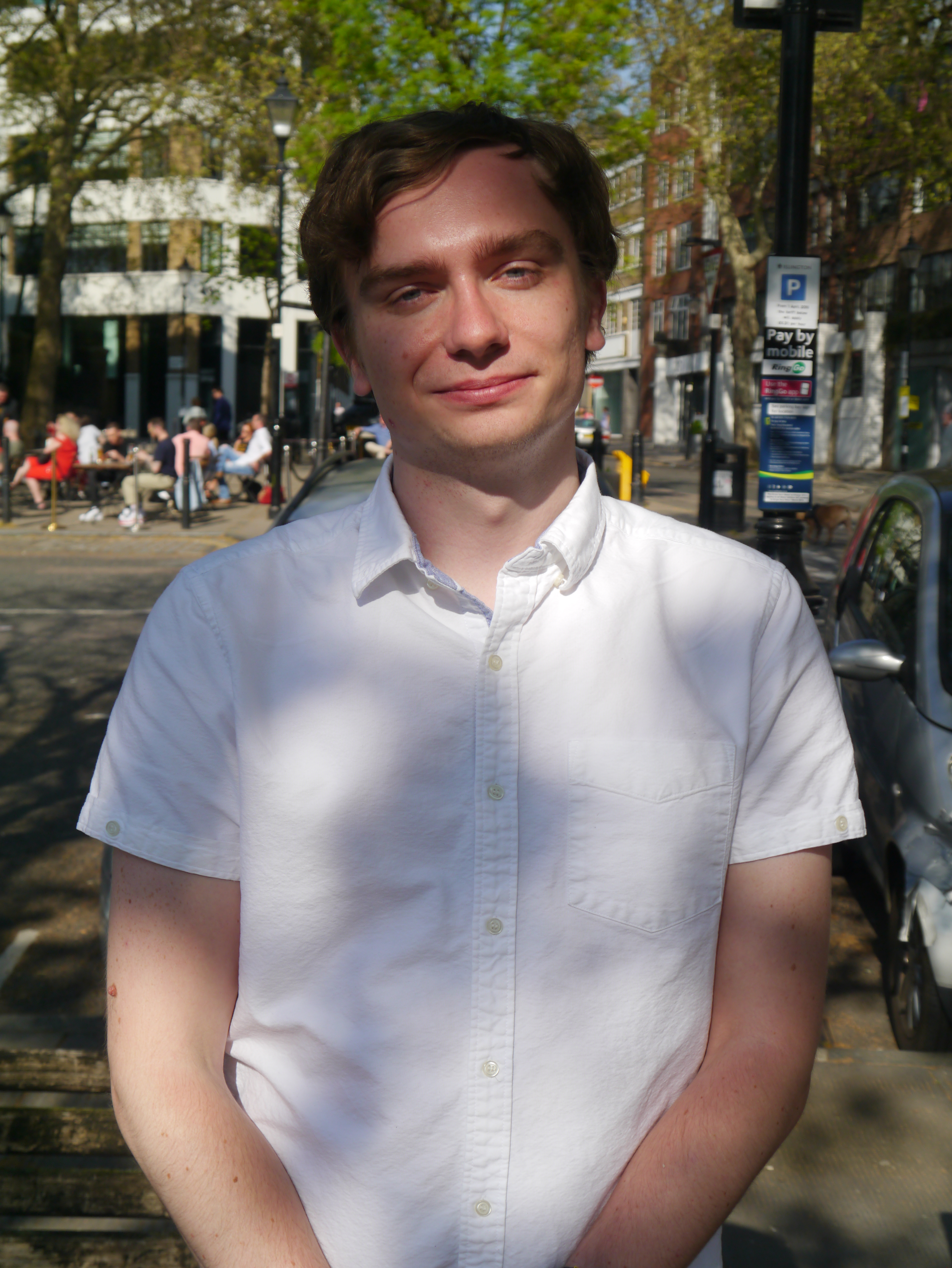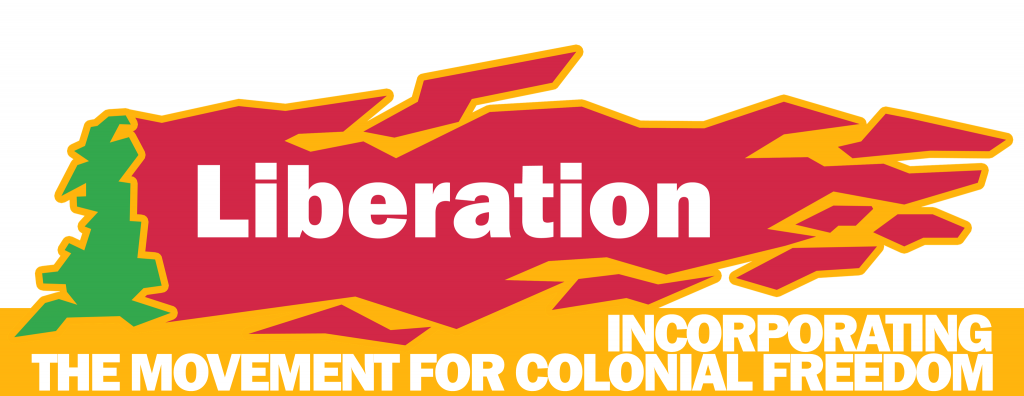
Robin Talbot talks about the historic anti-imperialist campaign Liberation (formerly the Movement for Colonial Freedom) – and how YCLers can fulfil their own historic role.
Today, Liberation is a small campaign that runs from an office in the ASLEF trade union building not far from the Marx Memorial Library in London. But Liberation, which was known as the Movement for Colonial Freedom until the seventies, has been the bedrock of anti-imperialist and anti-colonial struggles in Britain since its founding conference in 1954. Even before then, its predecessor COPAI organised ruthlessly against British meddling abroad, including its bribery and intimidation of the founder of modern-day Botswana noted in the 2016 film “A United Kingdom”.
The Movement for Colonial Freedom brought together Labour Party members, Communists, trade unionists, students, diasporas and exiles of the current and former colonies and other progressives to create the most unified and successful anti-imperialist pressure group in Britain. Alongside these supporters, the MCF was instrumental in setting up dedicated campaign organisations and reporting on the oppression and violations of human rights ongoing throughout the world, as well as mobilising support in parliament.
After World War II and during the Cold War, Labour as well as Conservative Governments were willing participants in dirty wars and repressive activities abroad from Africa to the Middle East to Asia, where former subjects of the British Empire were organising to fight for equal rights and an end to exploitation and white domination. American, British, French, Portuguese and Belgian imperialists were always on the lookout for new opportunities to grab land and bring down resistance, including progressive governments.
It is difficult, if not impossible, to find a point on the map of the Global South to which the Movement’s tireless support for liberty and social justice did not extend. The MCF and then Liberation were active on issues relating to Kenya, Zambia, Zimbabwe, Malawi, British Guiana, Egypt, Ghana, Nigeria, Zanzibar, Uganda, South Africa, Angola, Mozambique, Namibia, the Congo, the Sudan and Guinea Bissau.
The Movement came down in support of Palestine when many people were unsure, in addition to providing a voice for the peoples of South Yemen, Iraq, Iran, Oman and the other Emirate states, whose voices were often drowned in blood for the enrichment of Western oil companies and medieval ruling elites. The campaign also fought for independence, reunification and peace for Cyrus and, with the Connolly Association, for democracy and an end to discrimination in Ireland, long before the Troubles began in the 1970s.
The Movement campaigned for independence, democracy and human rights in the Indian subcontinent. The list goes on to include the Philippines, Vietnam, Indonesia and finally Latin America. The MCF established the British Council for Peace in Vietnam, with its sponsors in the British parliament rock-solid in their opposition to British involvement, and condemned the murder of at least a million Communists and their sympathisers in Indonesia. The MCF protested the bloodthirsty coups in Guatemala, Brazil, Argentina and Uruguay and followed the conflicts in Nicaragua and El Salvador. The Chile Solidarity Committee in Britain saw huge trade union and student solidarity with the country lasting until 1989, when the first free elections since the murderous Western-backed coup of 1973 were celebrated. Members of Liberation and other British delegates were there to rejoice with the Chilean people.
The MCF and Liberation did not ignore domestic racism either. Fenner Brockway MP, who was chair of the organisation, led the charge to outlaw racist discrimination. Throughout the sixties and seventies, the Movement published pamphlets and articles, and organised meetings and demonstrations, to win over the entire labour movement and British public to reject racism and prejudice.
The campaign was especially proactive in winning trade unions to the side of freedom and solidarity with oppressed peoples throughout the world, often in defiance of the labour movement status quo. National affiliates and sponsors included the NUM, AEU, USDAW, NUR and TGWU in addition to the National Union of Students. The MCF and Liberation also reckoned with their own international concerts at the Royal Festival Hall and publishing house, known as Young World Books.
In recent years, with the position of chair filled by the notorious Jeremy Corbyn MP, and now Kelvin Hopkins MP, Liberation has continued to campaign on issues old and new. These range from the wars in Afghanistan and Iraq to the murder of student teachers in Mexico, from the floods in Kerala to the exploitation and crisis in the Congo, working with friends in community groups and the progressive and labour movements.
Why get involved with Liberation now? Firstly, Liberation is an observer at the Human Rights Council of the United Nations, where most recently it made public statements about Yemen and Western Sahara. It is a historic campaign with an office located in Central London, which is no mean feat for any left-wing campaign. Today, it is an organisation dedicated to making a difference and building united resistance where many people are unsure how to proceed – even on the left – in a climate of global poverty, terrorism, war and hatemongering in Britain, Europe and worldwide.
For over sixty years, Liberation has been at the forefront of internationalism in Britain, winning many battles and showing the way forwards for others, but there is still a lot left to do. Imperialism and exploitation are alive and well, but politics in Britain stands at a crossroads where organising and fighting can make all the difference to the future policies of our country. Get in touch, become a member, affiliate your trade union branch or organisation, campaign where you are, and help to make that difference a reality!
Robin Talbot is a member of the Central Council of Liberation, formerly the Movement for Colonial Freedom.



